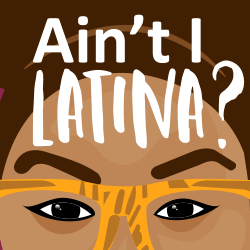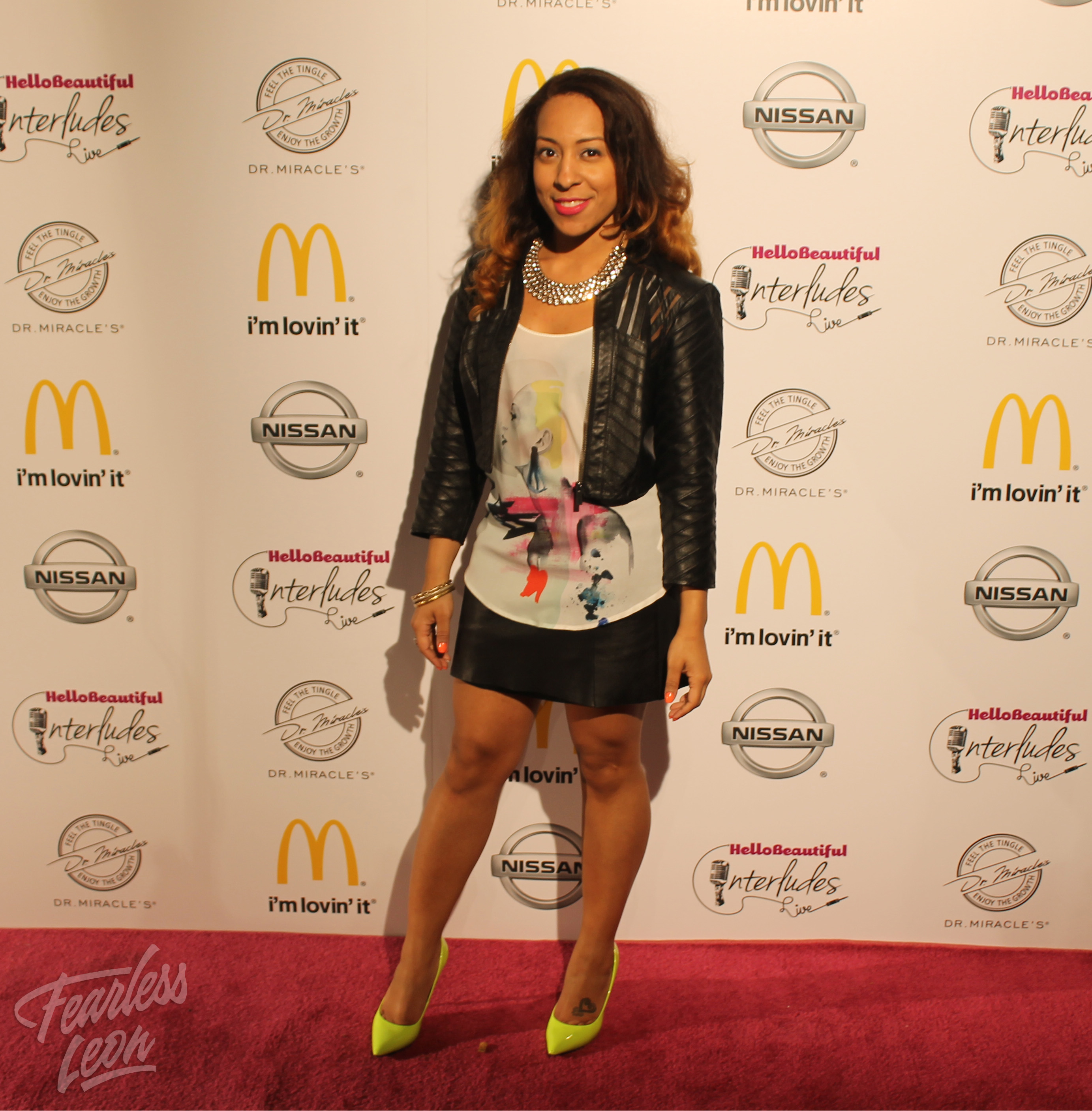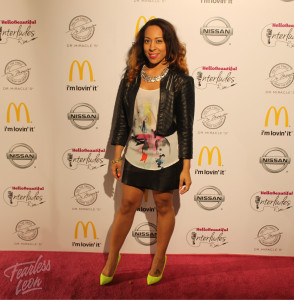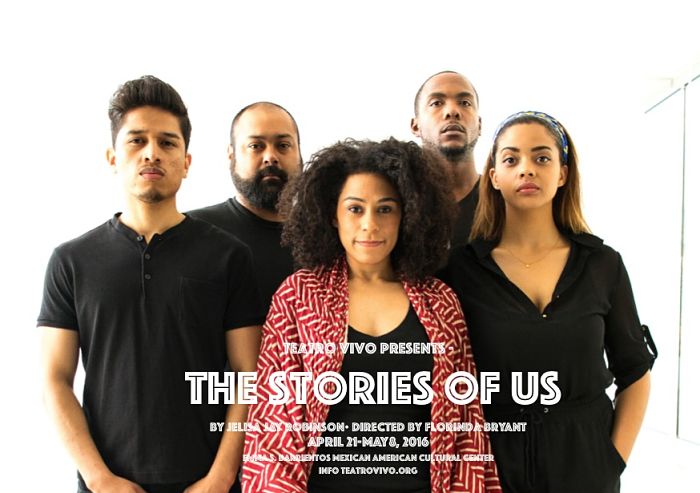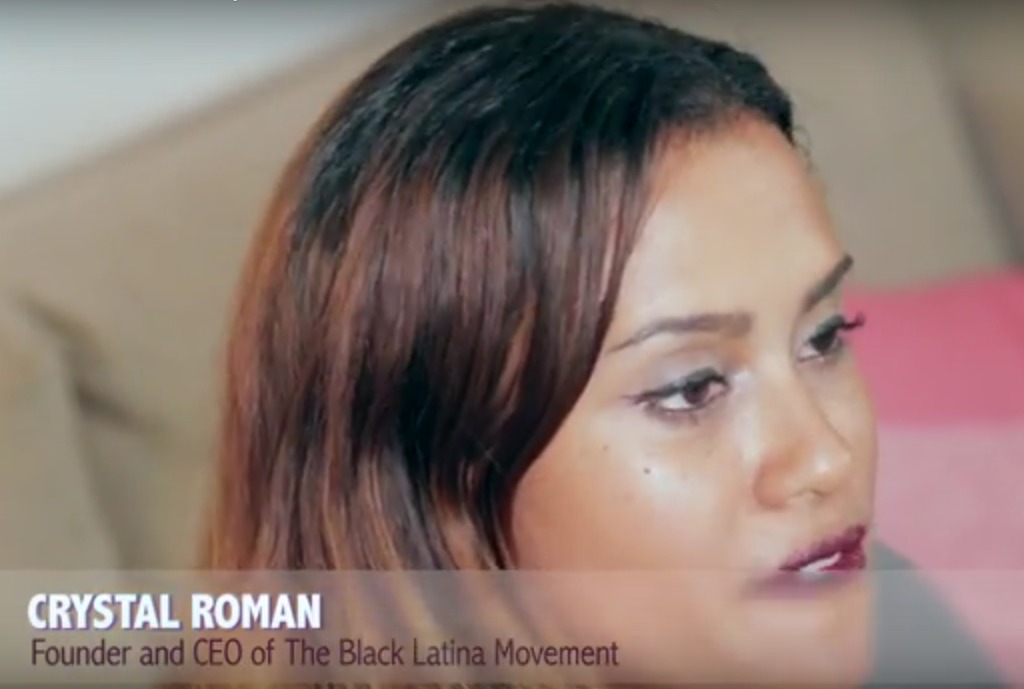You never know who you’ll meet during your college years. Oftentimes, you’ll walk the same quad or hallway as the next leaders and innovators and not even know it. I first met Ghislaine Leon when she was president of Syracuse University’s National Association of Hispanic Journalists chapter. A few years post-graduation, our careers in media and passion for celebrating Afro-Latinas would reconnect us.
Shortly after graduating from SU, Leon launched Fearlessleon.com to help motivate herself and other young go-getters. That same year, in 2011, the Harlem native entered into summer intensive program WEEN (Women In Entertainment Empowerment Network), which prepared Leon for her current position in the Integrated Marketing Department at Interactive One.
I sat down with Leon to talk about her career, the importance of her site, Fearlessleon.com, and what it means to be Afro-Latina.
What inspired you to get into marketing and media? When did you know you wanted to enter into this industry?
For me, I studied marketing at Syracuse University. I knew that, off the bat, marketing was going to be what I was going to study because it involved creating brands, [and] pushing brands. I figured that I wanted to do media at Syracuse and I really started seeing the passion that Latinos in Newhouse had. Not just Latinos but just everyone in Newhouse. This passion for entertainment, music; for movies, for magazines, you know. The idea of not cultivating a message but the idea of…right behind the people that produce messages. That’s why I joined NAHJ.
For me the NAHJ conferences were a big eye opener to the different roles that Latinos in media play. I knew that I wanted to be in entertainment; that I wanted to be apart of those stories, whether I was on the business side or whatever side. I just knew that I wanted to be apart of that conversation. I wanted to not just be apart, but I also wanted to push that conversation.
After I graduated I dibbled and dabbled in PR. I did a bunch of freelance marketing jobs until I landed at Interactive One. I got hired there right when they launched their first Latino site, Zona de Sabor. Even though I came on board to the marketing department the website didn’t have any video production developed, all they had were written stories, so I came and said, ‘Hey, I know a lot of dope Latinos, can I do video interviews?’ They were like, ‘Yeah, go right ahead.’ That’s kind of how I started not only doing my day to day within my role, but doing extra work just because of my passion to support creative Latinos, whether they’re in music, whether they’re in drama, or writers.
Where do you feel our industry is as far as representation in media, in particular Latinas when it comes to our images? How do you feel media represents us?
The main issue with Latino identity in this country is that for years and years the people who have controlled Latino media have created this one-sided image of a Latina woman; it’s the same across all types of platforms and all types of media from telenovelas to TV countdown shows to the news shows.
Pages: 1 2
